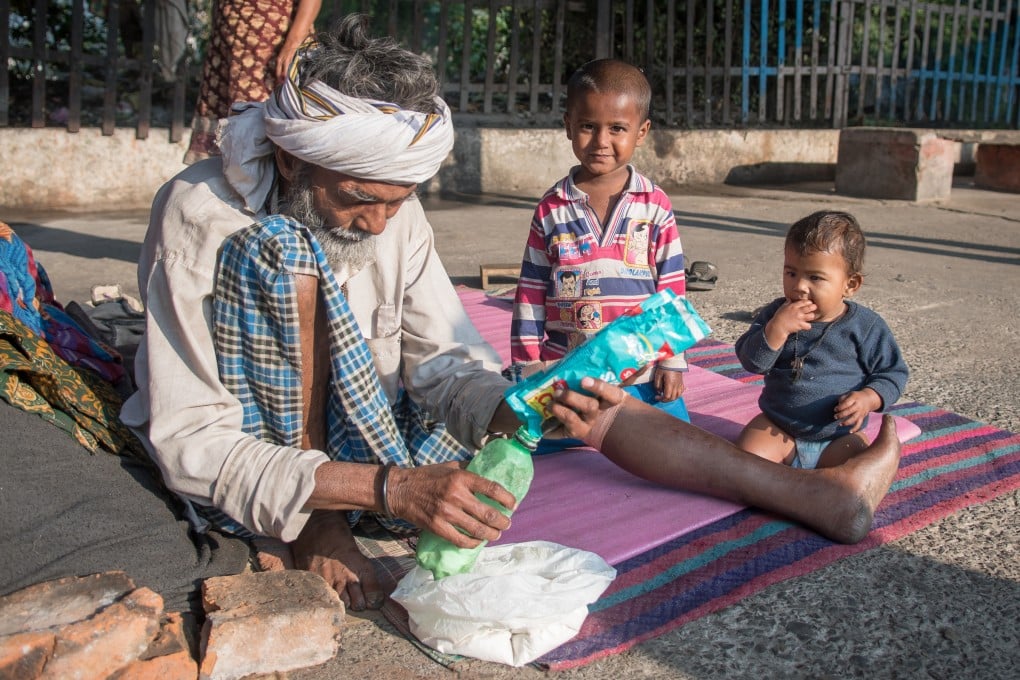India’s Dalits seek to reclaim dignity by pushing back on insulting baby names
- In northwest India, Hindu priests name children from the so-called low caste Dalit community, who are then afflicted for life with sometimes demeaning names
- The House of Dignity movement aims to educate parents who may not be aware of the degrading nature of the names, and recommend alternatives for their babies

In an age-old tradition, Indians in rural areas visit a Hindu priest to select a name for their newborns but Dalits – members of a so-called low caste – in the northwest are rebelling against the demeaning names the priests have been giving their children.
Some of the titles the youngsters in Rajasthan are afflicted with for life include ‘kali’ (black) – lower caste populations tend to be those with darker skin – tolia (stone) and rodi (animal dung).
Other names are not so obviously humiliating but have no meaning and are silly ‘sounds’ intended as a form of mockery.
Harlal Bairwa, 40, who is Dalit, founded the Garima Bhawan (House of Dignity) movement, whereby new rooms built in several villages have their walls covered with lists of hundreds of recommended alternative names and their meanings.
He saw the need for such lists having been dismayed to find demeaning names common in the state’s Chittorgarh district.
“This area is so undeveloped, with so little education and awareness, that Dalit parents didn’t even realise the names were insulting. They just accepted them,” Bairwa said. “We had to make them aware first.”